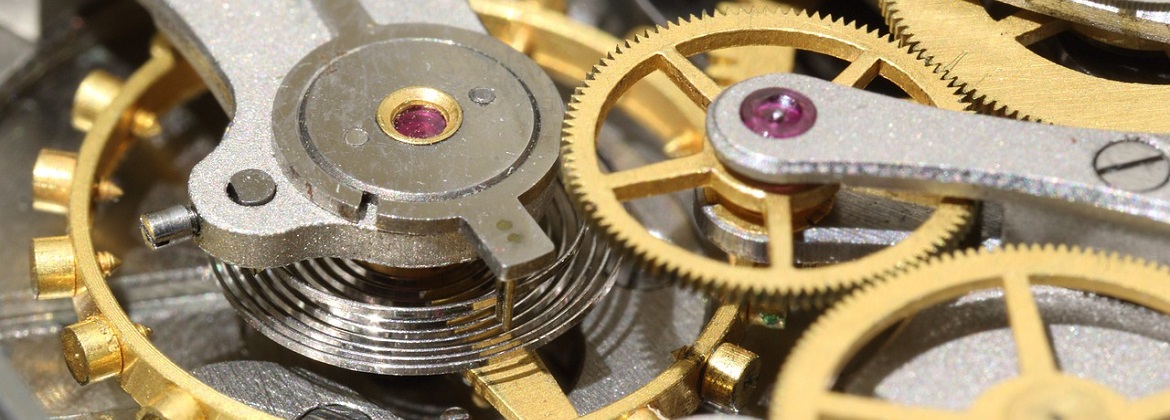

The effectiveness of maintenance practice has not improved significantly in many organizations in spite of the implementation of powerful computerized management systems. Measuring, comparing and improving maintenance practice underpins the success of the whole business process.
Participants attending the program will:
Identify maintenance best practice key elements for taking action on them, starting with foundations and building up to best practice that will deliver maximum business benefits
Delegates should represent a wide range of personnel in the organization who are involved in, or dependent on, effective maintenance management.
These should include:
This interactive Training will be highly interactive, with opportunities to advance your opinions and ideas and will include;
An Overview of Maintenance Practice and Benchmarking
Introduction to Maintenance (Asset) Management
The Concept of Best and Worst Practice
Performance Measures and Improvement
Performance Measure and Benchmarking
The Overall Equipment Effectiveness as a Source of Best Practice in Maintenance
Total Productive Maintenance
Benchmarking Machines Performance and Failure Analysis
Failure Analysis and Modeling
Modeling Reliability of Systems
Benchmarking through Reliability Centered Maintenance
Condition Based Maintenance
The Condition Based Approach
Vibration Monitoring
How and were to Measure Vibration
Diagnosing Faults Using Vibration
General Purpose CM – Non Destructive Testing - NDT
Best Practice Through Manufacturing and Maintenance Systems
MRP and ERP Systems
Decision Analysis for Optimization of Maintenance Activities
CDGA attendance certificate will be issued to all attendees completing minimum of 80% of the total course duration.
| Code | Date | Venue | Fees | Register |
|---|---|---|---|---|
| MI166-02 | 30-03-2026 | Istanbul | USD 5950 | |
| MI166-03 | 12-07-2026 | Dubai | USD 5450 | |
| MI166-04 | 13-12-2026 | Kuala-Lumpur | USD 5450 |

• Is your equipment (fixed or mobile) failing before planned replacement? • Are you unable to execute maintenance tasks because spare parts are not available? • Have you made significant investment ...

Major world companies from the process and petrochemical industry have developed their maintenance practices based on the optimization of predictive maintenance management system. This approach works ...

Not all of the plant facilities and equipment require high reliability; economically some components can be allowed to run to failure and a reasonable level of reliability is acceptable for other comp ...

This course is designed to teach the skills of availability engineering as detailed in the Facilities Maintenance Management Competency Map. As an intermediate level course we will use root cause fail ...
Providing services with a high quality that are satisfying the requirements
Appling the specifications and legalizations to ensure the quality of service.
Best utilization of resources for continually improving the business activities.
CDGA keen to selects highly technical instructors based on professional field experience
Since CDGA was established, it considered a training partner for world class oil & gas institution
3012, Block 3, 30 Euro Business Park, Little Island, Co. Cork, T45 V220, Ireland
Mon to Fri 09:00 AM to 06:00 PM
Contact Us anytime!
Request Info